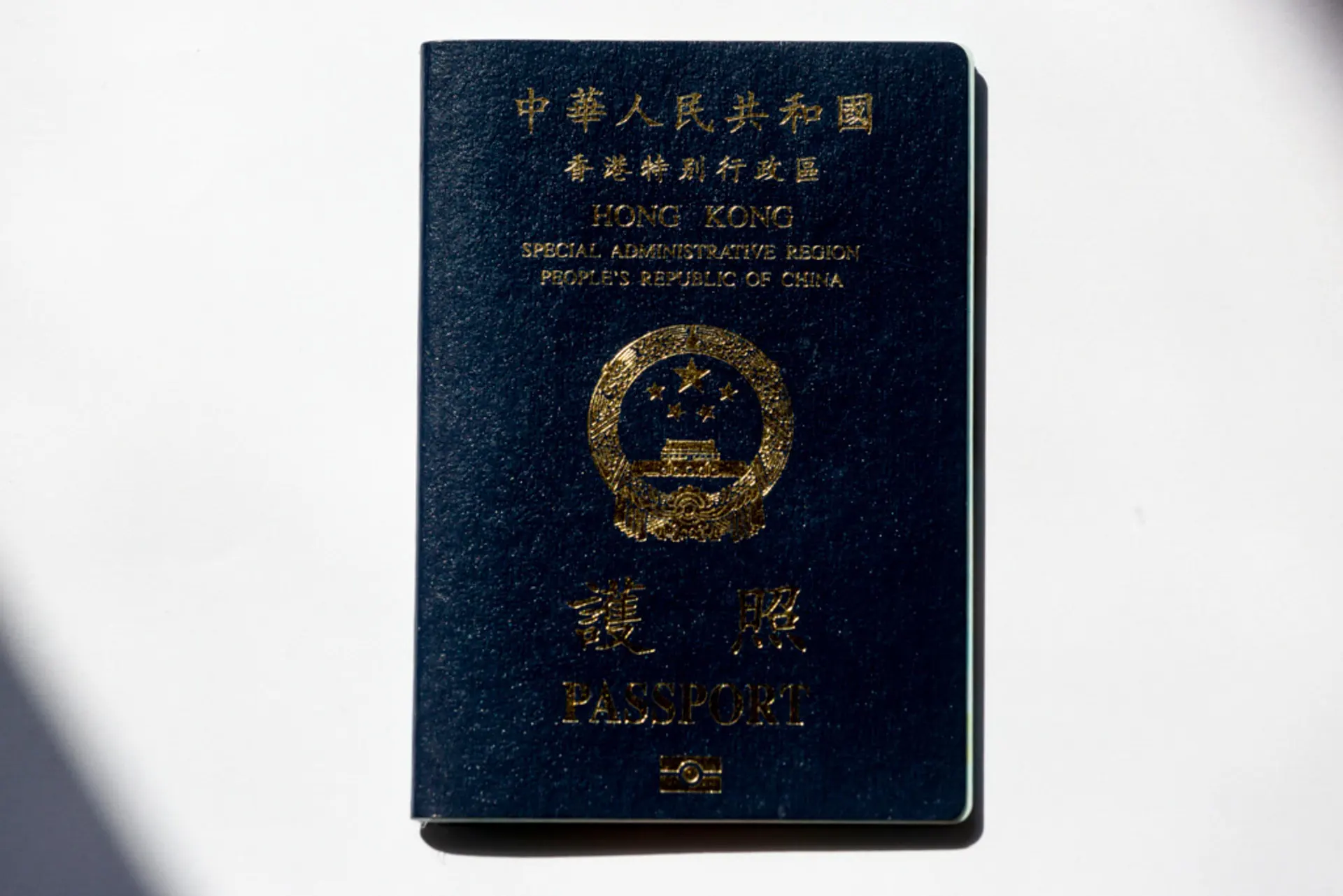6-6-2024 (SINGAPORE) A 33-year-old woman from mainland China attempted to forge a new identity as a 22-year-old Hong Kong student in order to undertake an escort assignment in Singapore, lured by the prospect of a lucrative 200,000 yuan (approximately S$37,147) reward. However, her charade unraveled when her client desired to take her on a trip to Batam Island, Indonesia, forcing her to present her fake Hong Kong passport, ultimately leading to her arrest and a six-month prison sentence in the city-state.
According to reports from the Singaporean newspaper Lianhe Zaobao, the woman, identified as Cheng Yajun (a transliteration), had a female acquaintance known as “Xiao Mao” who was initially approached by a mainland Chinese man seeking companionship in Singapore. The generous offer of 200,000 yuan was extended for Xiao Mao’s services as an escort.
Unable to fulfill the arrangement herself, Xiao Mao concocted a deception, claiming she would introduce the man to a 22-year-old Hong Kong university student instead. In reality, she enlisted Cheng Yajun to impersonate the young student, agreeing to split the substantial fee between them.
Orchestrated by Xiao Mao, Cheng Yajun traveled to Singapore under the guise of “Liu Yu,” a fictitious identity bolstered by a forged Hong Kong passport procured by her accomplice. On April 15th of this year, Cheng Yajun embarked on her journey, first traveling from Shenzhen to Hong Kong before catching a flight to Singapore, using her genuine passport to gain entry.
Upon her arrival, Cheng Yajun proceeded to the renowned Marina Bay Sands resort, where she met her client. Evidently satisfied with her appearance, the man transferred an initial sum of 50,000 yuan (approximately S$9300) to Cheng’s mainland bank account, and the pair spent the night together at the hotel.

The following day, the client decided to take Cheng Yajun to the Singapore Cruise Centre, intending to embark on a day trip to Batam Island with friends. It was at this juncture that Cheng’s charade began to unravel. Presenting her fake Hong Kong passport in an attempt to maintain her fabricated student persona, the automated immigration gates refused to grant her passage.
Authorities from Singapore’s Immigration and Checkpoints Authority intervened, unable to locate any records associated with the passport in question. Faced with mounting scrutiny, Cheng Yajun was forced to produce her genuine travel document. Subsequent investigations, corroborated by Hong Kong officials, confirmed that the Hong Kong passport she had initially presented was indeed counterfeit.
On June 4th, Cheng Yajun pleaded guilty via video link to the charge of possessing a forged passport, resulting in her six-month prison sentence. This audacious masquerade serves as a cautionary tale, underscoring the severe consequences of exploiting falsified identities and the relentless pursuit of ill-gotten gains.




